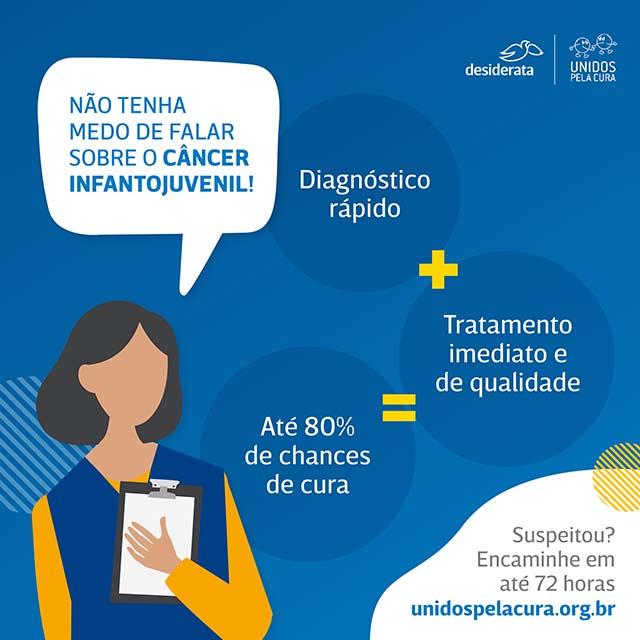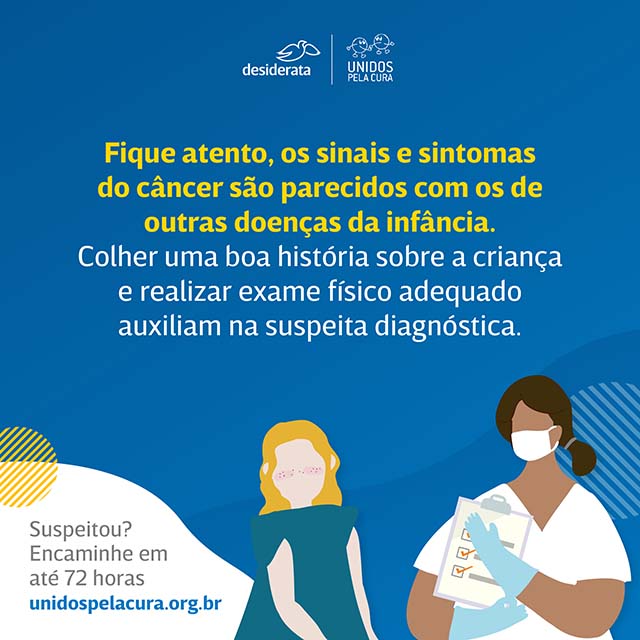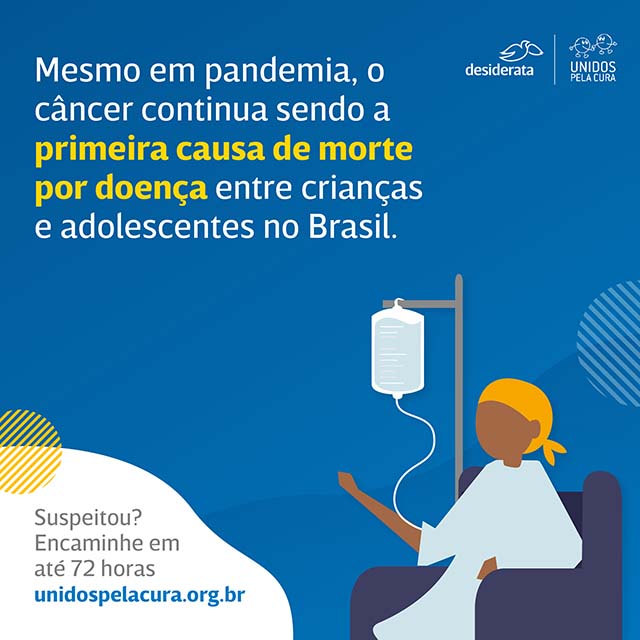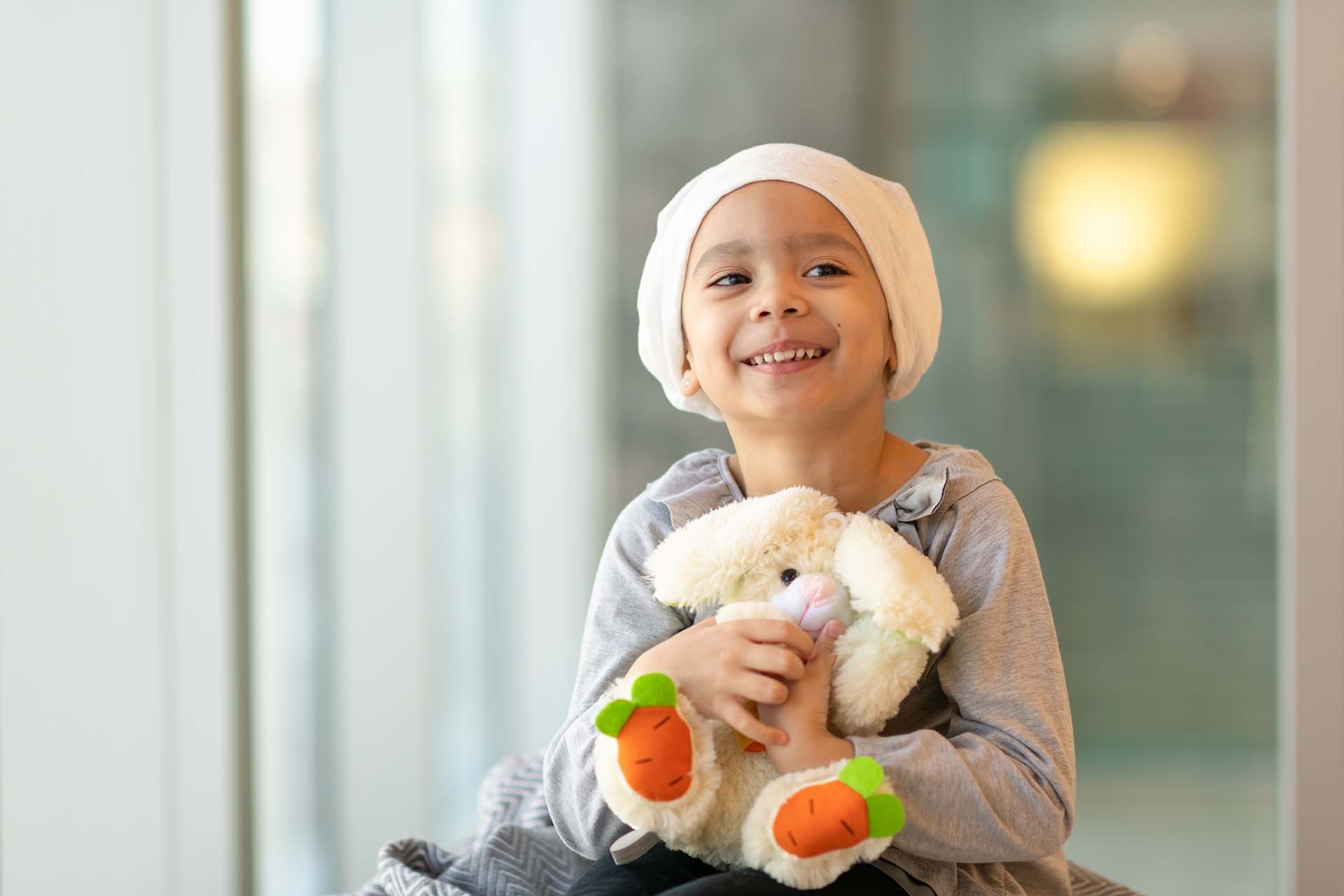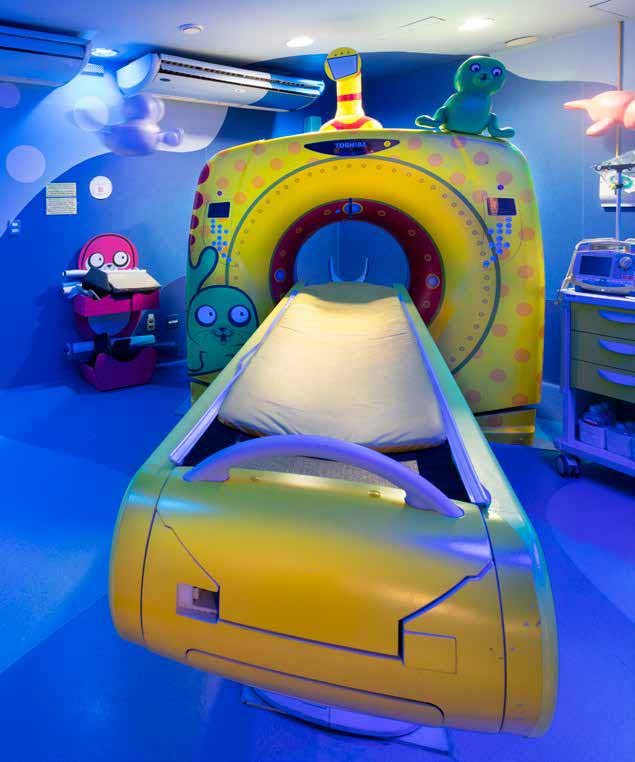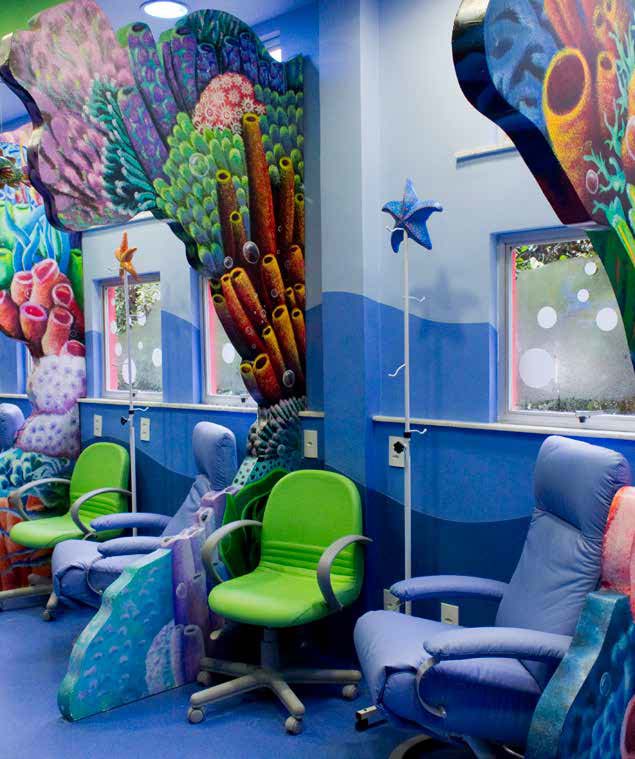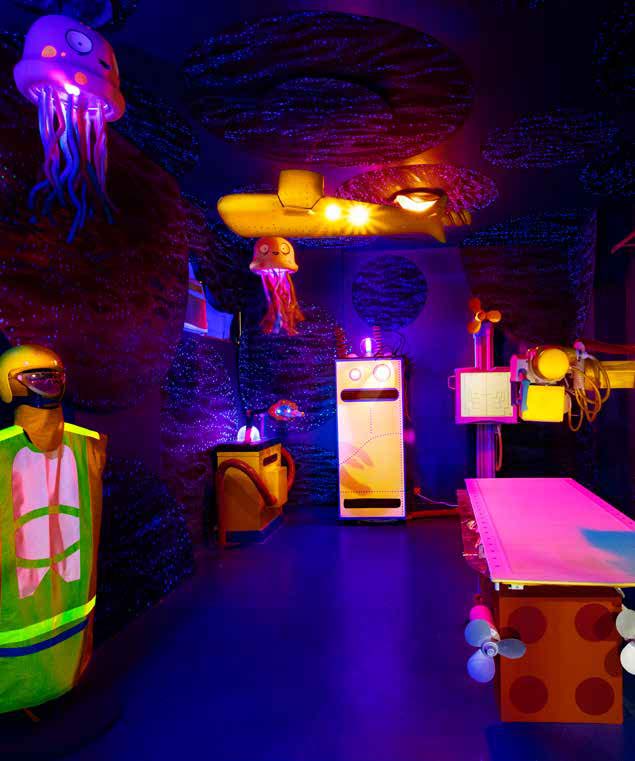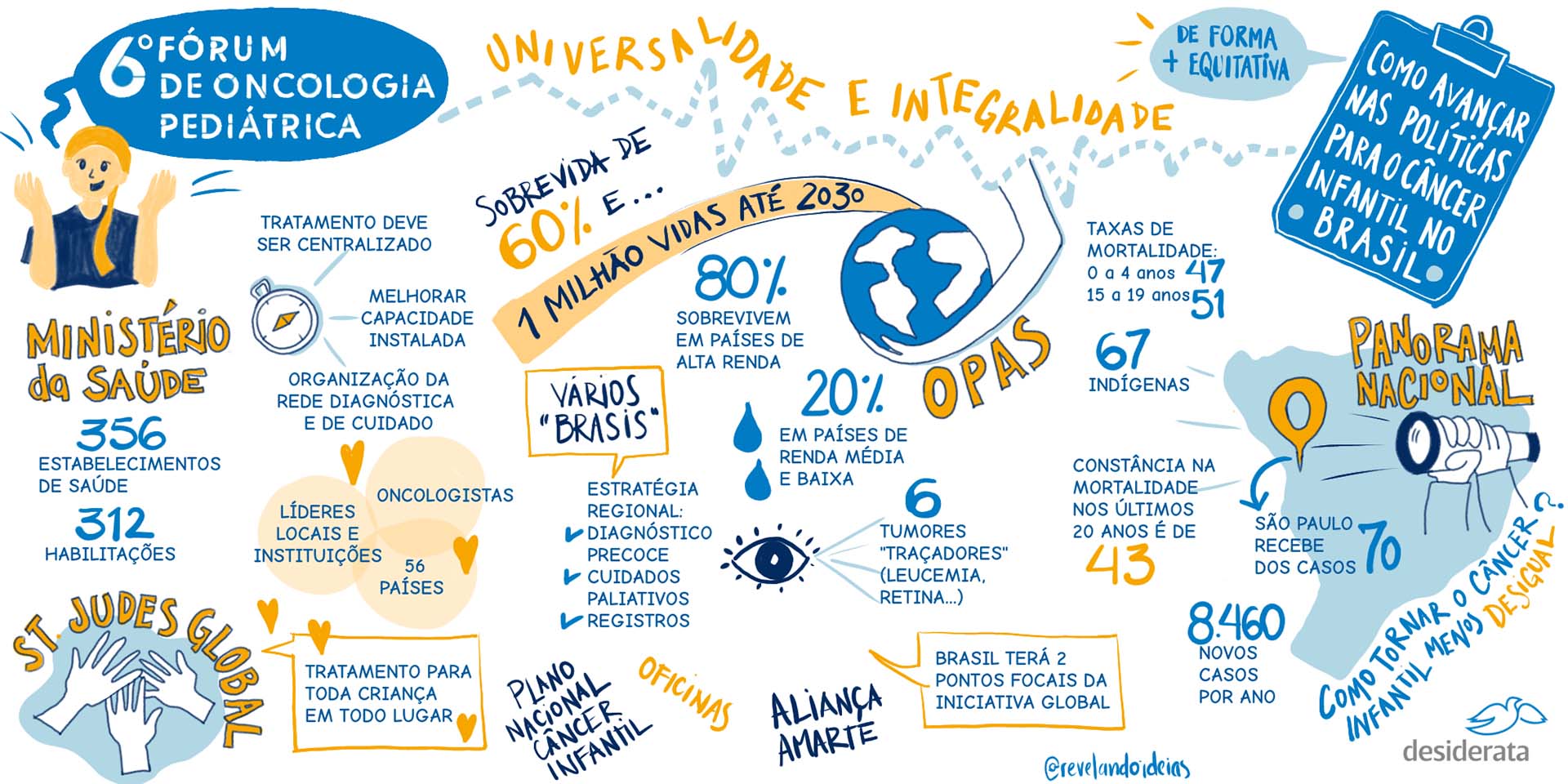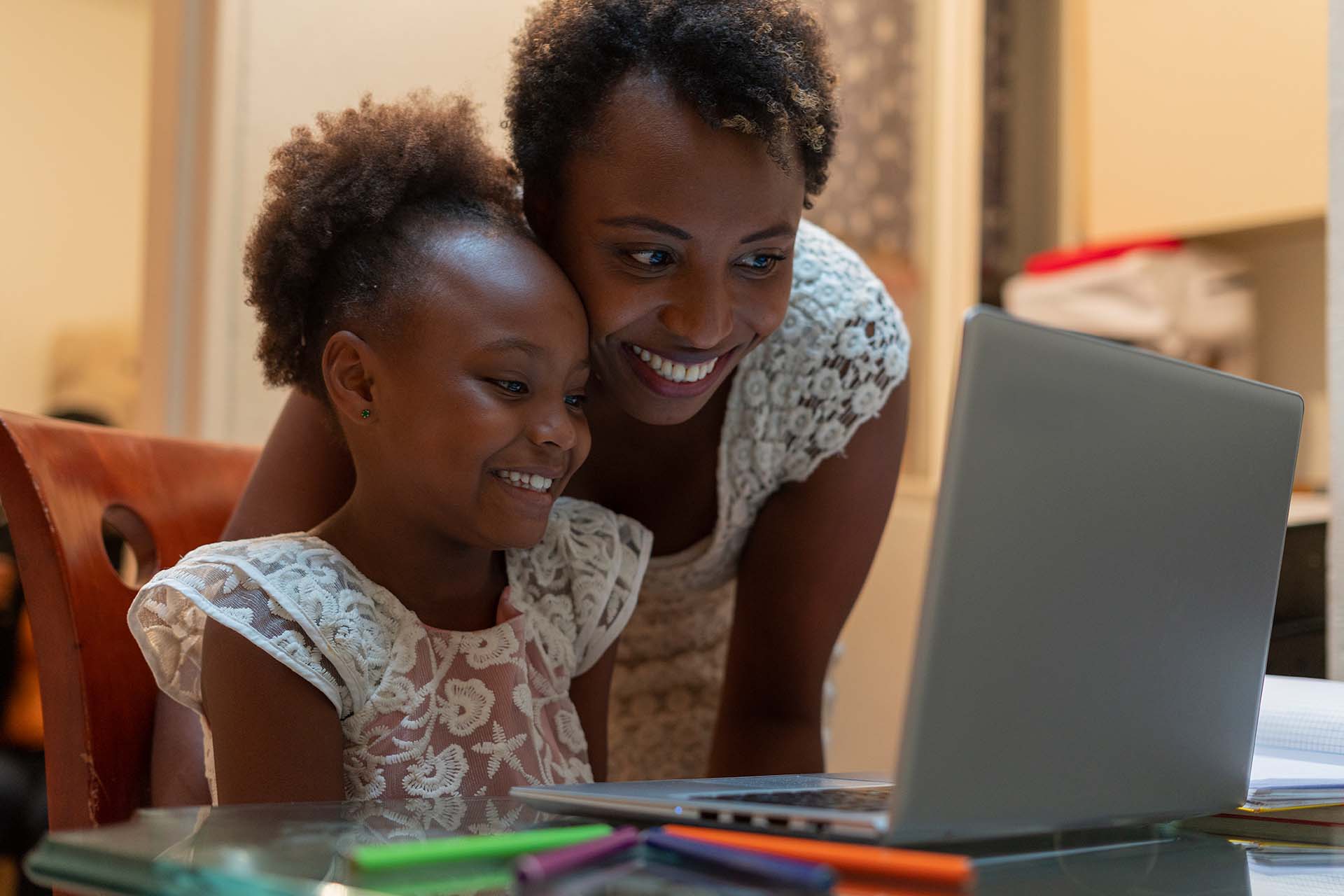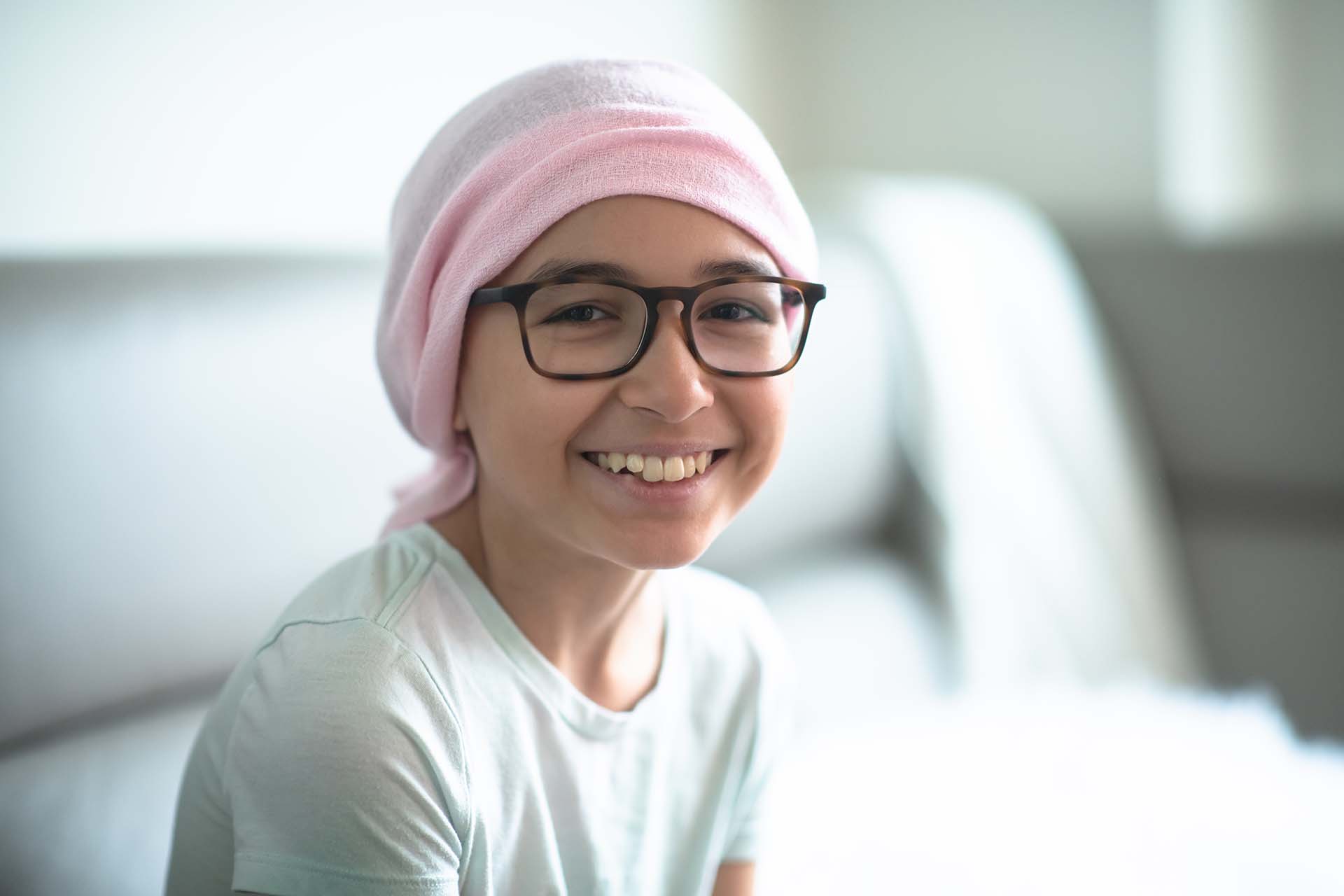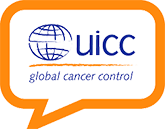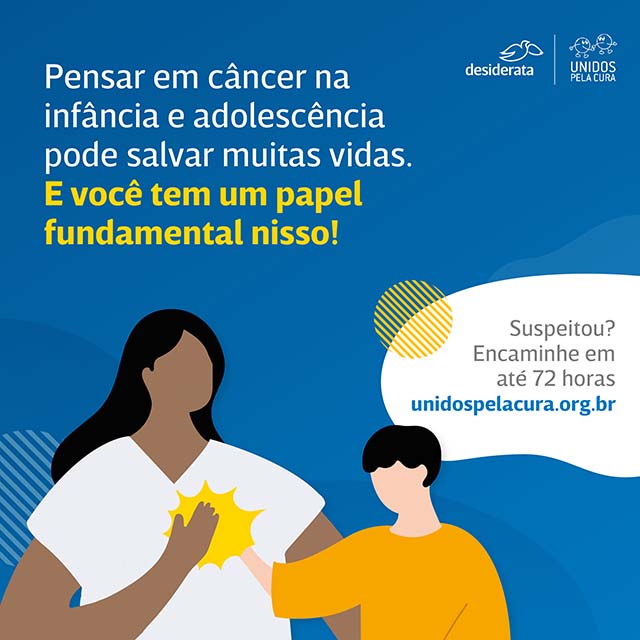
Childhood Cancer
Since its inauguration, the Desiderata Institute has worked to increase the chances of a cure for cancer, major cause of disease-related death among children and adolescents aged 1 to 19 years in Brazil. Preventive measures against childhood and adolescent cancer, which is rarer and often more aggressive than cancer in adults, are still lacking. However, early diagnosis and quick access to good-quality treatment increase the chances of cure, which can be as high as 80% – similar to the rates observed in developed countries.
Our projects seek to make sure that all children will have access to a quick diagnosis and proper treatment, providing them with better chances of cure.

